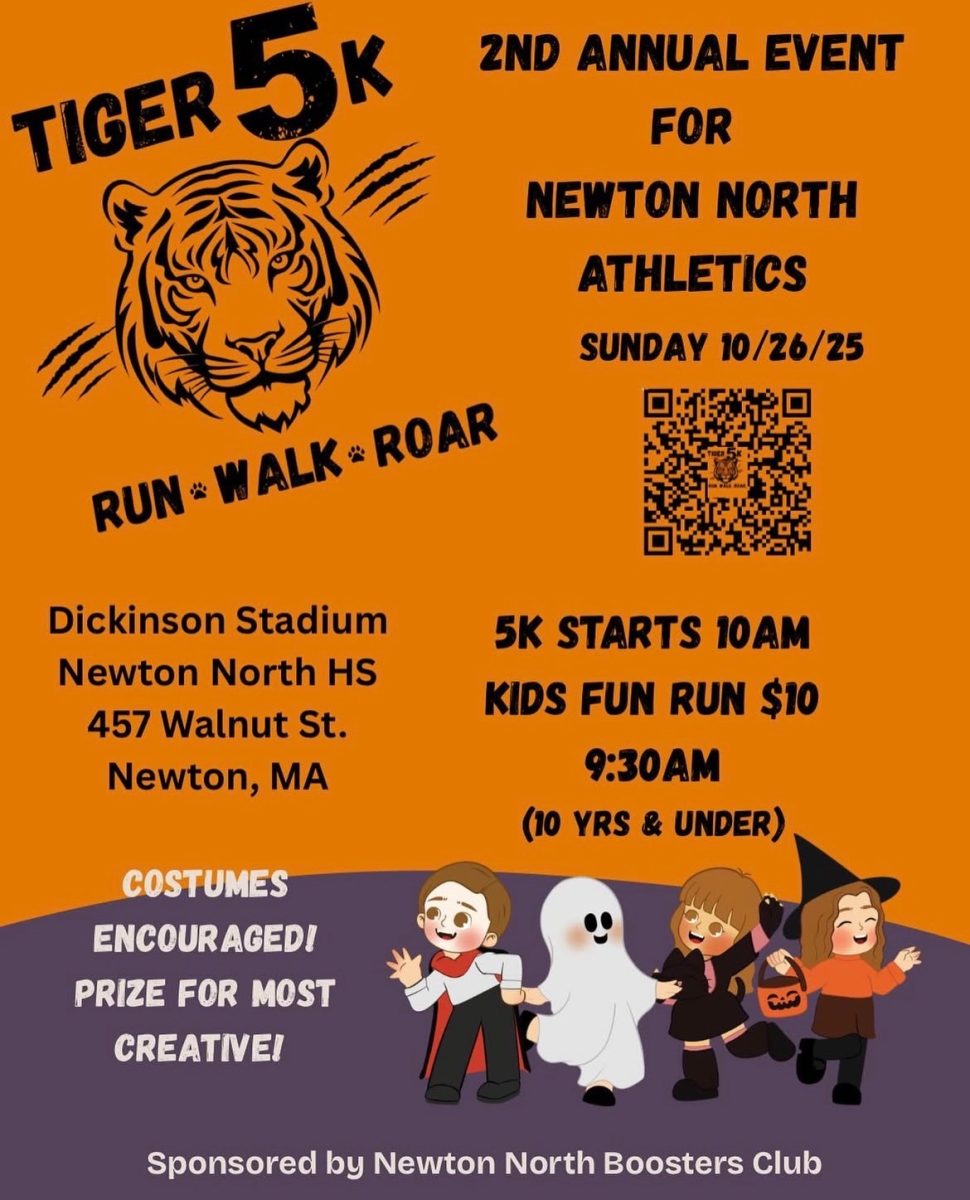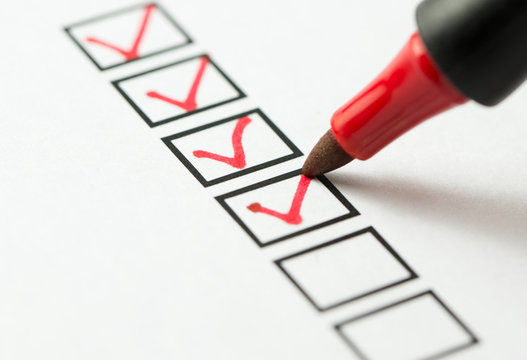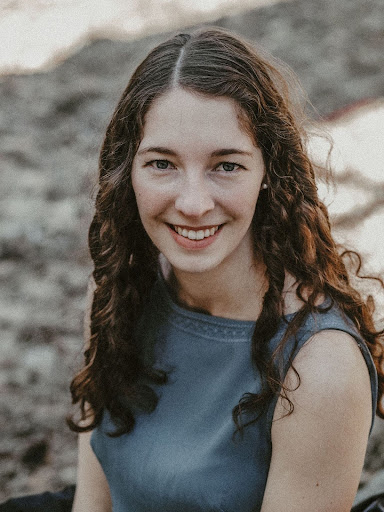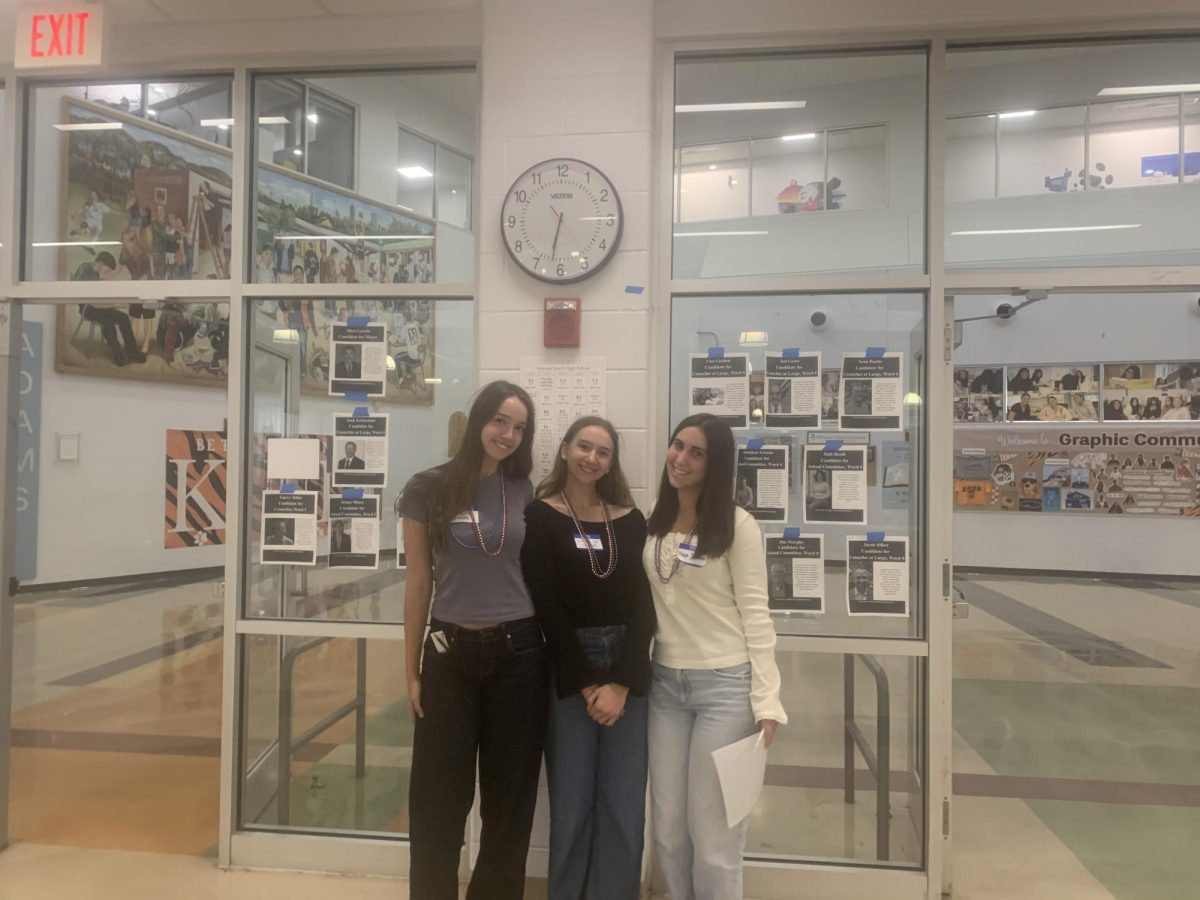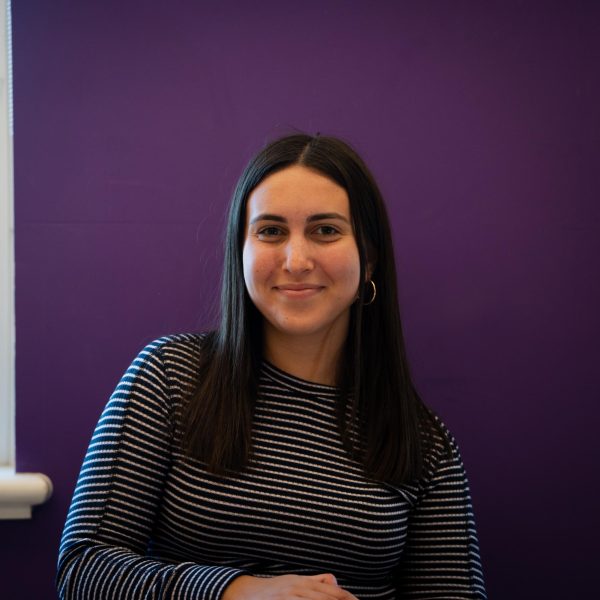I recently volunteered at Saturday Afternoon at the Races, a biennial event hosted by the League of Women Voters that aims to connect municipal candidates with the public through a series of Q&As. As the event commenced, I sat myself down at the mayoral candidates’ table, prepared to silently take notes on constituents’ concerns and candidates’ opinions.
To my surprise, the first question asked of the mayoral candidates was how they planned on addressing the lack of civic education and engagement in the Newton Public School system and the Newton youth. With this question, I felt not just silent but invisible. Here I was, a high schooler, willingly volunteering my Saturday afternoon to help stimulate civic knowledge. I fought the urge to respond to his question right then and there myself.
This is what I wished I had told him:
Civic engagement and education in Newton are available to students who seek them. I myself entered North as a freshman with a developing interest in policy and election processes. Although I didn’t understand much, I quickly found outlets to learn more and increase my political knowledge.
I joined Next Gen Voices, North’s civic engagement club, after receiving a Schoology promotional update. Through Next Gen, a world of civics unveiled itself to me. I learned about the Center for Civic Engagement and Service (CCES), a hub for student community service and action co-founded by two North teachers and available to all students, no matter their previous knowledge.
Elective courses at North also provide students with political knowledge. Close Up: Seminar in Government develops student knowledge of American governmental processes, AP Comparative Government compares such processes across the globe, and Journalism overviews legal decisions that greatly influenced the political landscape of today. These offerings have helped me gain a better understanding of how the world works. Still, such courses are elective; most students go through all of high school without taking a single one.
In recent years, the state has worked to combat this lack of mandatory civic education, most notably in 2019 when it began requiring civics classes to be taught at the eighth-grade level. Such classes have been an important step towards better political knowledge.
Executive director of the Campaign for the Civic Mission of Schools Ted McConnell, recently told the Boston Globe these eighth grade civics classes in Massachusetts were the first attempts at making civics an essential part of school curricula in decades.
It is undeniable that there is at least some civic education for North students. Whether they pursue the subject in high school is up to the individual.
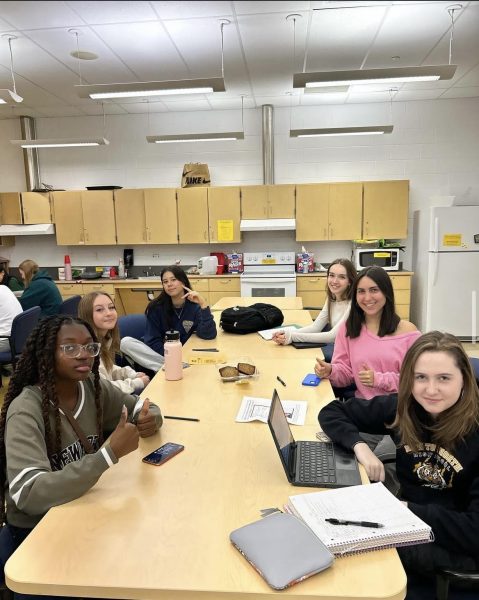
If the true concern is preparing students to vote, I would suggest first to look at the older population. Lack of civic engagement is not merely a student issue. In fact, students may be more willing to get involved if they see adults doing the same.
Last March, I worked as a student poll worker during a municipal special election. After school, I walked over to Bigelow Middle School, the location of my precinct, and proceeded to sit with an empty voter list for four hours. In that time frame, the only voter to visit the polling site was my dad, and I had to text him to show up.
While it can be argued that this election had little relevance to the voters, as they would be voting on a single position for an unopposed candidate, low voter turnout is commonplace in Newton’s municipal elections. In 2023, for example, less than 25% of Newton’s voters cast their ballots in what was seen as a polarizing election on zoning reforms, according to the Newton Beacon.
Also, according to the New York Times, children who witness their parents vote habitually in elections have a higher chance of developing those same habits later in life. In the article, political scientist Henry E. Brady said if a young person grows up with voting behavior modeled in their home, they will most likely adopt the belief it is their “duty and responsibility to register and vote.”
Brady added that he believes that this process is even more effective at creating these values than civics courses themselves.
It is true that Massachusetts youth voters show up infrequently to the polls. In fact, according to Tufts University, in the 2022 midterm elections, the youth voter turnout in Massachusetts for voters ages 18-29 was only 18.5%. However, this low percentage could be a result of the reasons listed above.
While students should take advantage of the resources currently available to them, if older residents truly want to increase student political engagement, they must first focus on increasing their own.
I’ll be working at the polls again on Tuesday, Nov. 4 for Newton’s municipal election. I hope to see you there.



